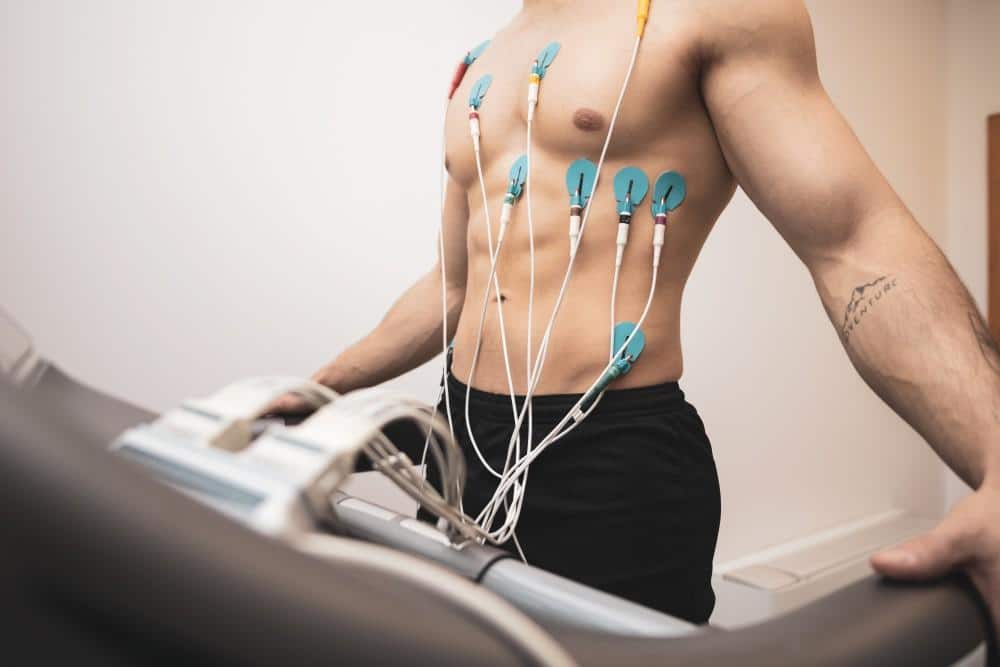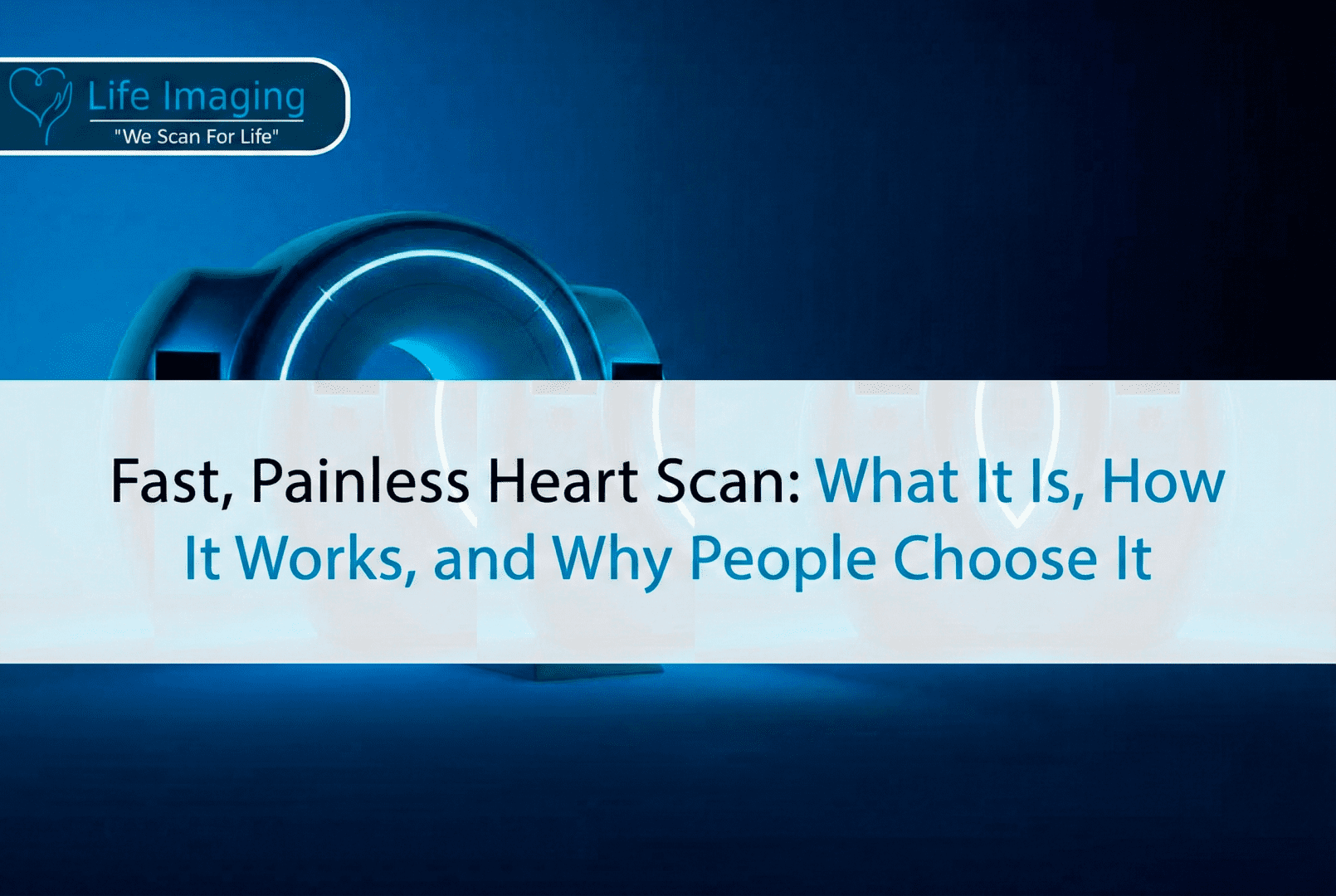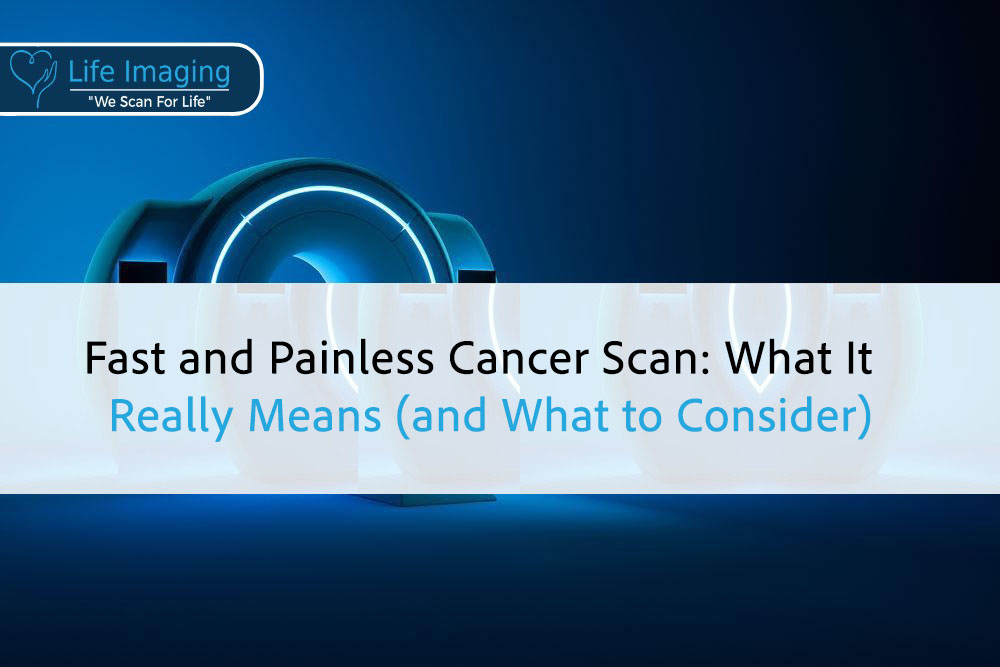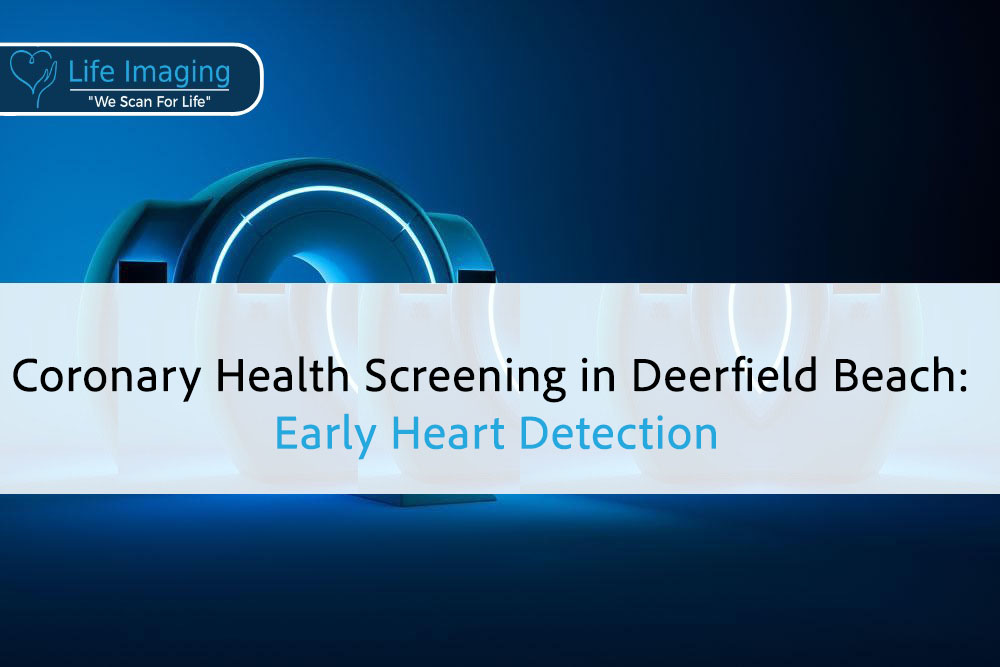
Coronary Artery Scan: What It Shows and Why It Matters for Prevention
Coronary Artery Scan: What It Shows, Who Needs It, and

With heart disease striking millions of adults and claiming close to 900,000 lives each year, everyone should take their heart health seriously. A cardiac stress test is one way to evaluate how well the heart functions under stress.
Our team at Life Imaging Fla is devoted to providing preventive care services to patients in and near central and south Florida. A cardiac stress test can show if your heart is receiving enough blood and how well it pumps blood throughout your body.
When the heart fails to receive enough blood, as in the case of a blockage, it struggles to deal with an increased workload. A stress test checks how the heart functions during exercise, when it must pump harder to supply blood to working muscles.
When you visit us at Life Imaging Fla for a stress test, we have you exercise by walking on a treadmill or pedaling a stationary bike. As you do so, we closely monitor your heart’s electrical activity.
Electrodes strategically attached to your legs, arms, and chest connect to an electrocardiogram (ECG). A blood pressure cuff monitors your blood pressure throughout the test.
The intensity gradually increases so your heart works harder as we monitor your heart rate, ECG, and blood pressure.
If you experience heart symptoms, such as chest pain, shortness of breath, or feeling faint during exercise, your primary care doctor or cardiologist may recommend a stress test.
Your doctor may also recommend a stress test if you’ve recently had a heart attack or a heart procedure. And a stress test is helpful if you’ve experienced unexplained heart palpitations.
If you’re concerned about your heart health, discuss it with our team to determine if a stress test is an appropriate option.
If you’re low risk and don’t have any heart symptoms, your doctor won’t likely recommend routine stress testing. Instead, focus on maintaining a heart-healthy lifestyle and see your primary care doctor for regular checkups.
If you have heart disease, a prior heart attack, or previous procedures like angioplasty or bypass surgery, your cardiologist may recommend periodic stress tests. The frequency depends on your specific situation, but may range from yearly to every few years.
If your cardiac stress test results are abnormal, there may be an issue with the blood flow to your heart, such as coronary artery disease. This happens when the coronary arteries become narrowed or blocked, which can cause chest pain when exercising, among other symptoms.
Further diagnostic exams can help to pinpoint the exact cause. These could include a coronary angiogram, which provides a detailed view of the heart’s arteries, or imaging tests like an echocardiogram or nuclear imaging to assess the heart’s function and structure.
Follow up with a cardiologist to understand the next best steps to take after receiving your results.
Rely on Life Imaging Fla, the only dedicated preventive care center in south Florida. To learn more and to schedule an appointment, call our imaging center today.

Coronary Artery Scan: What It Shows, Who Needs It, and

Fast and Painless Cancer Scan: What It Really Means PREVENTIVE

Fast and Painless Cancer Scan: What It Really Means (and

Introduction Your heart works hard every second of the day,

Introduction Your heart works around the clock, but changes inside

Introduction Your heart works nonstop, often without a single complaint.

* Get your free heart scan by confirming a few minimum requirements.
Our team will verify that you qualify before your scan is booked.
Copyright © 2025 Life Imaging – All Rights Reserved